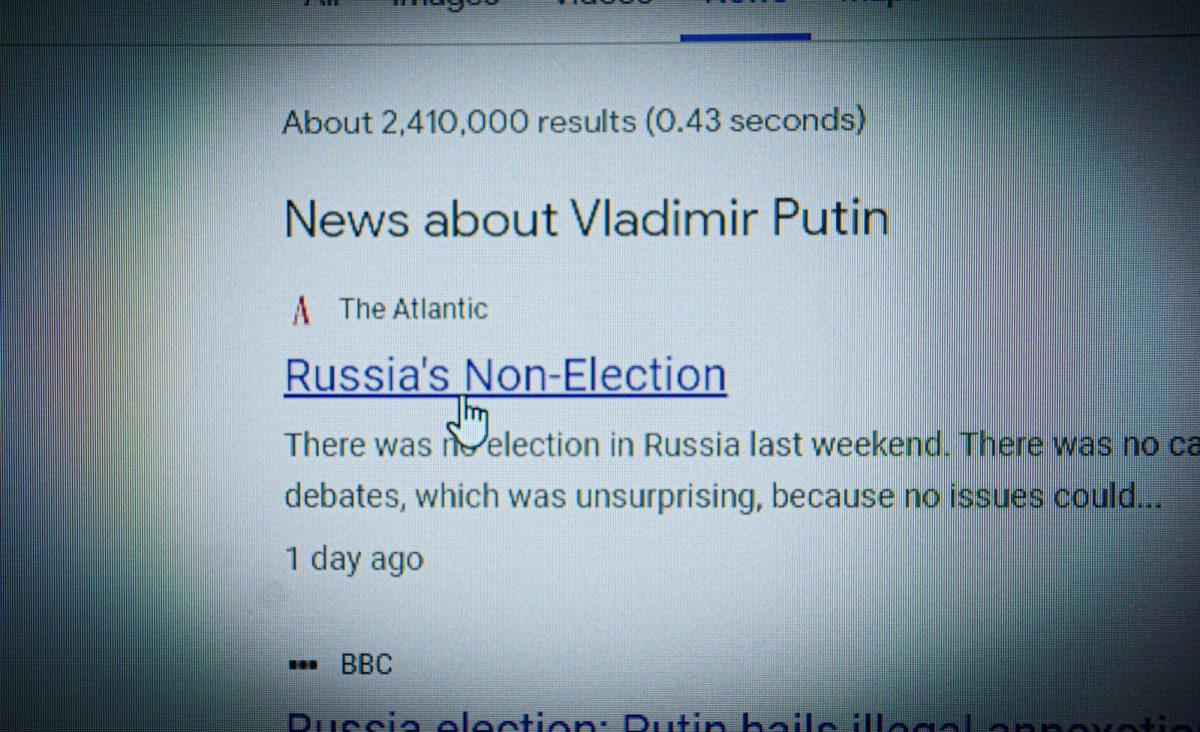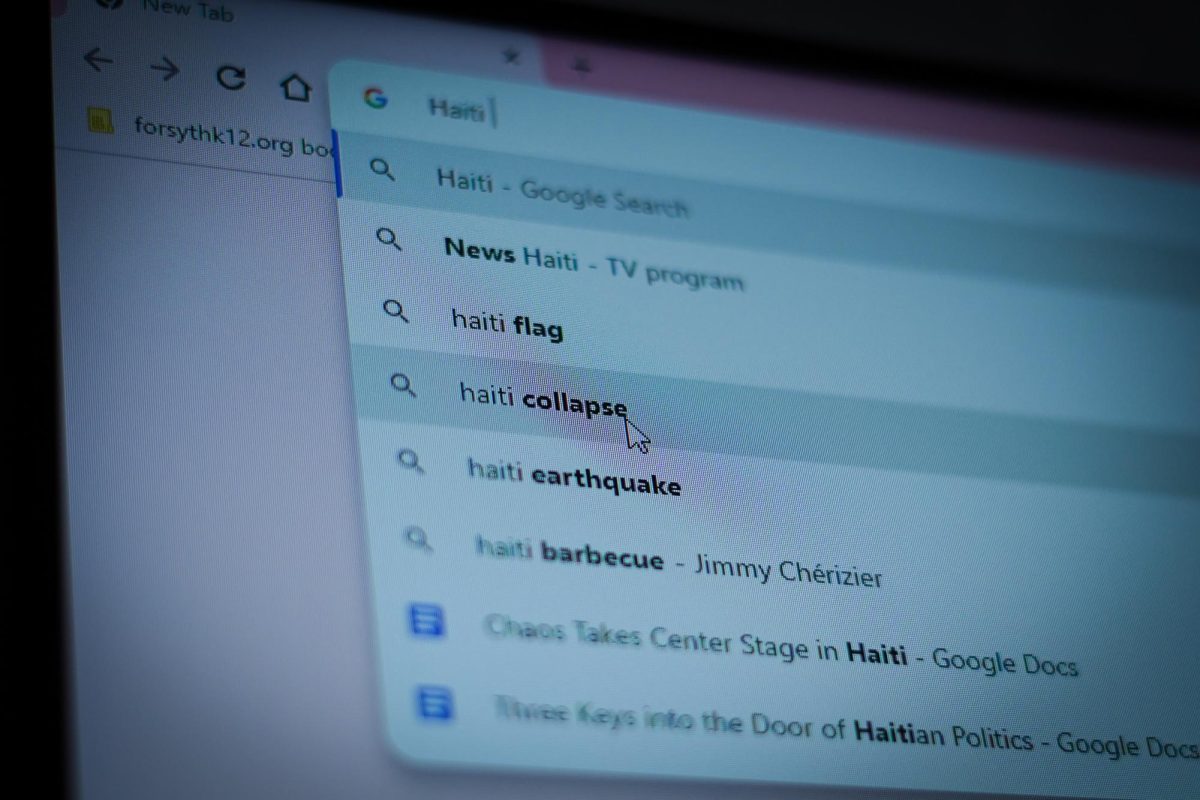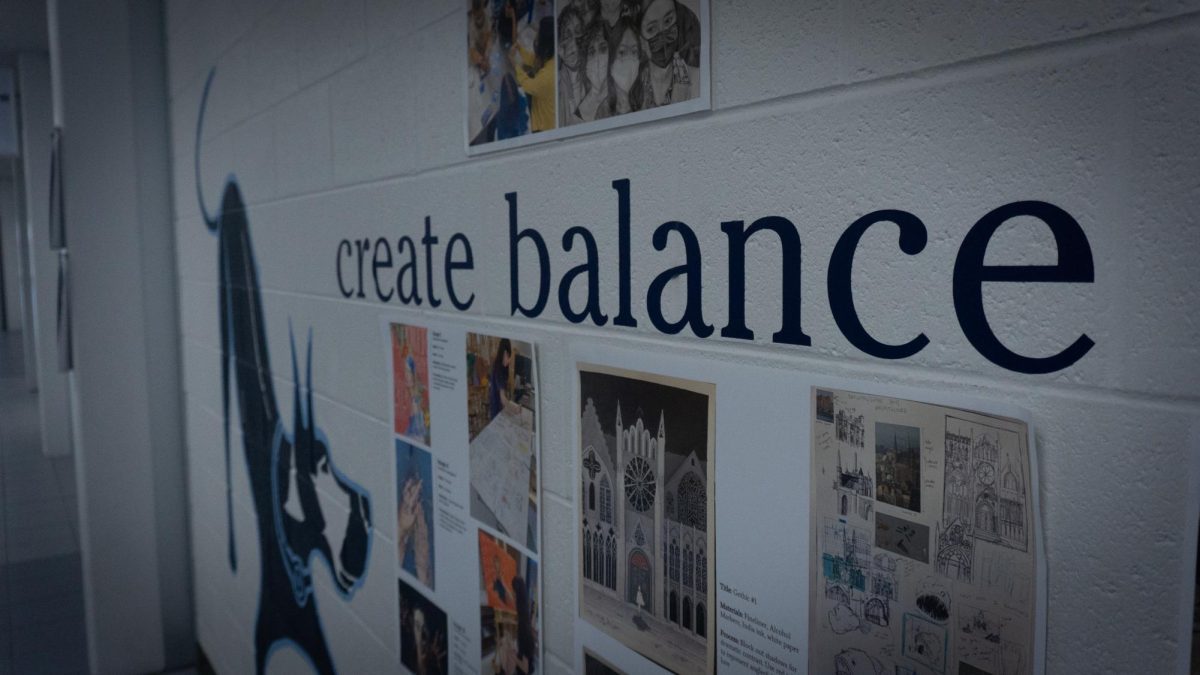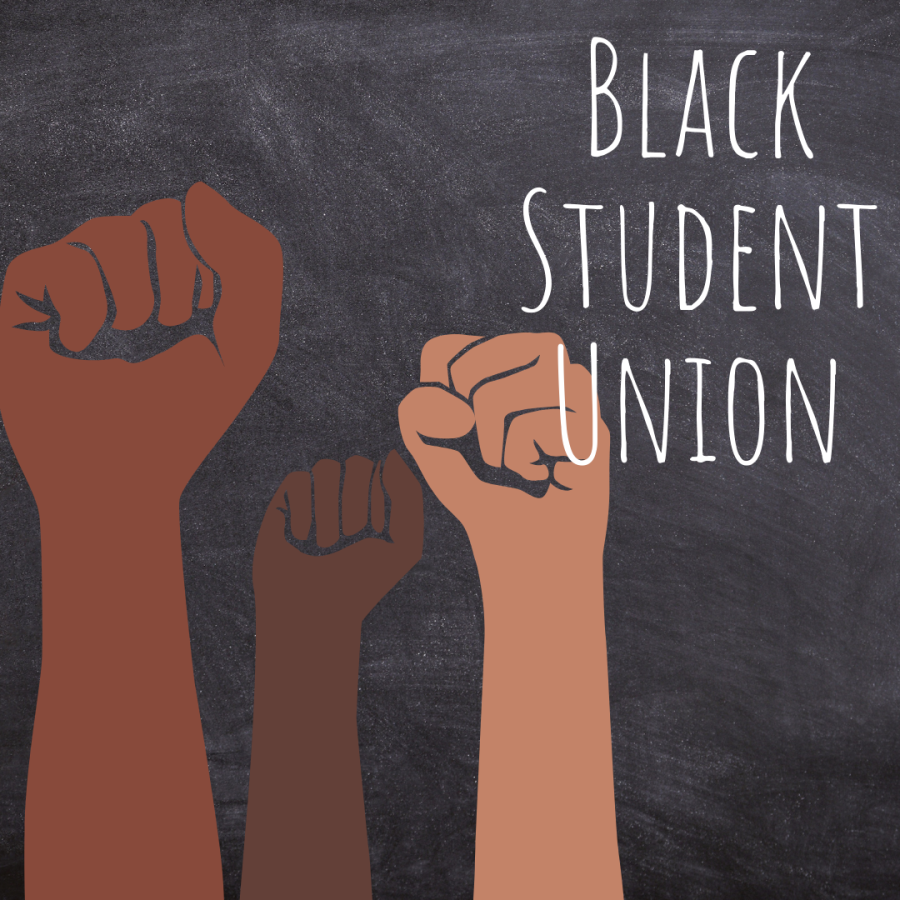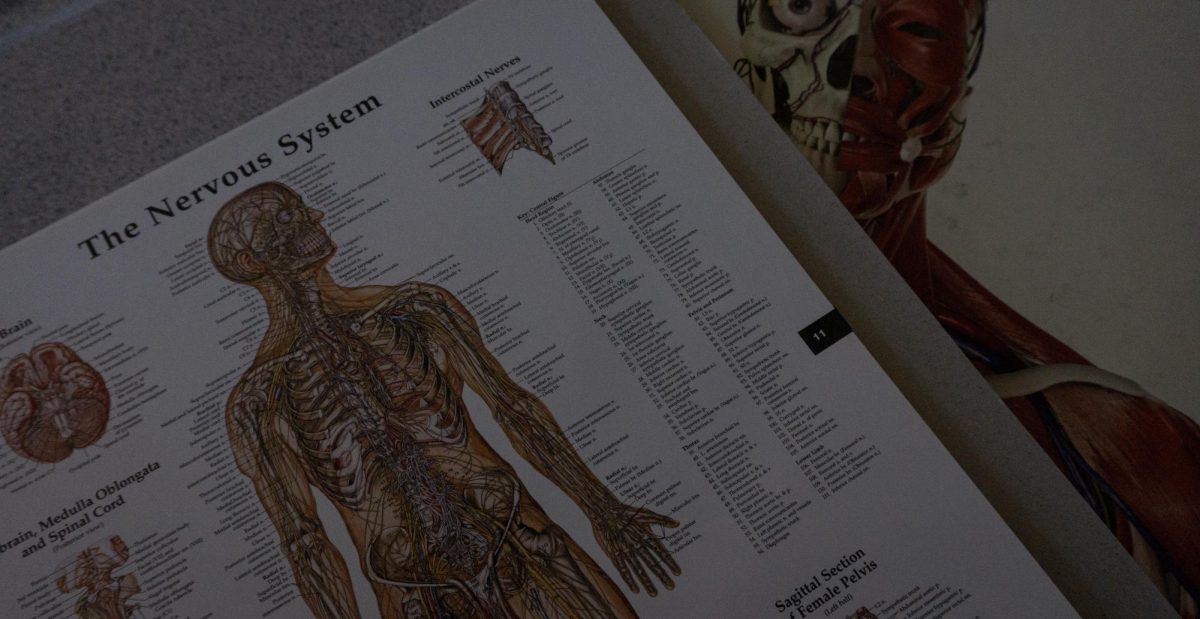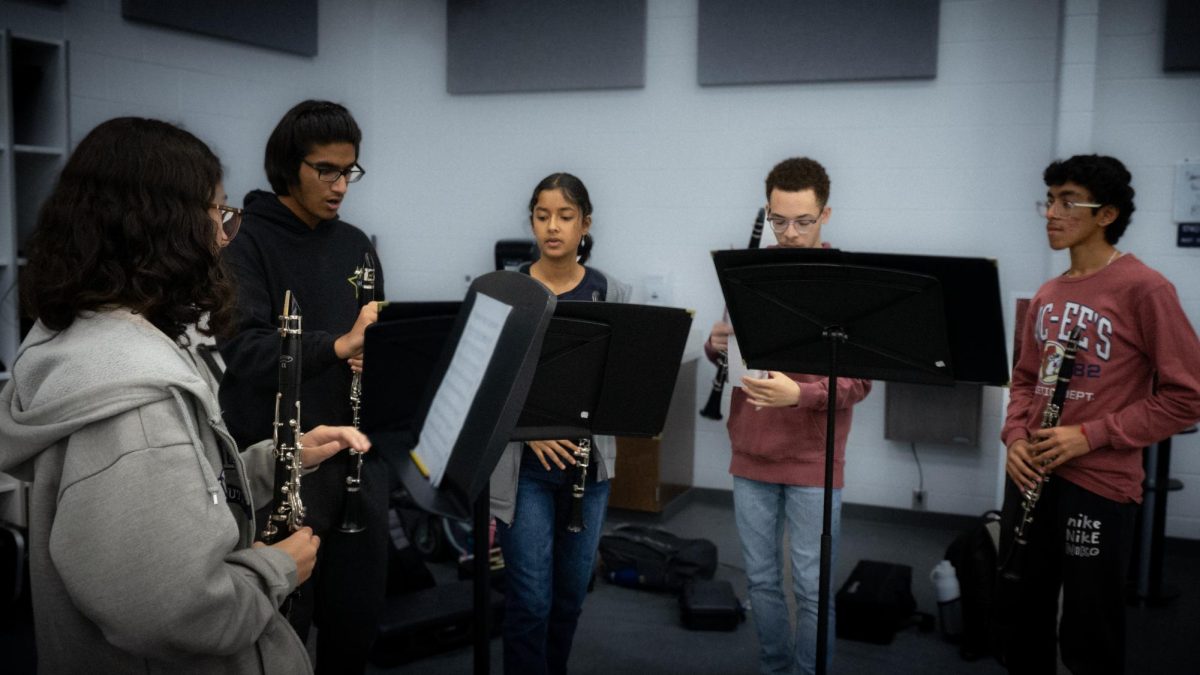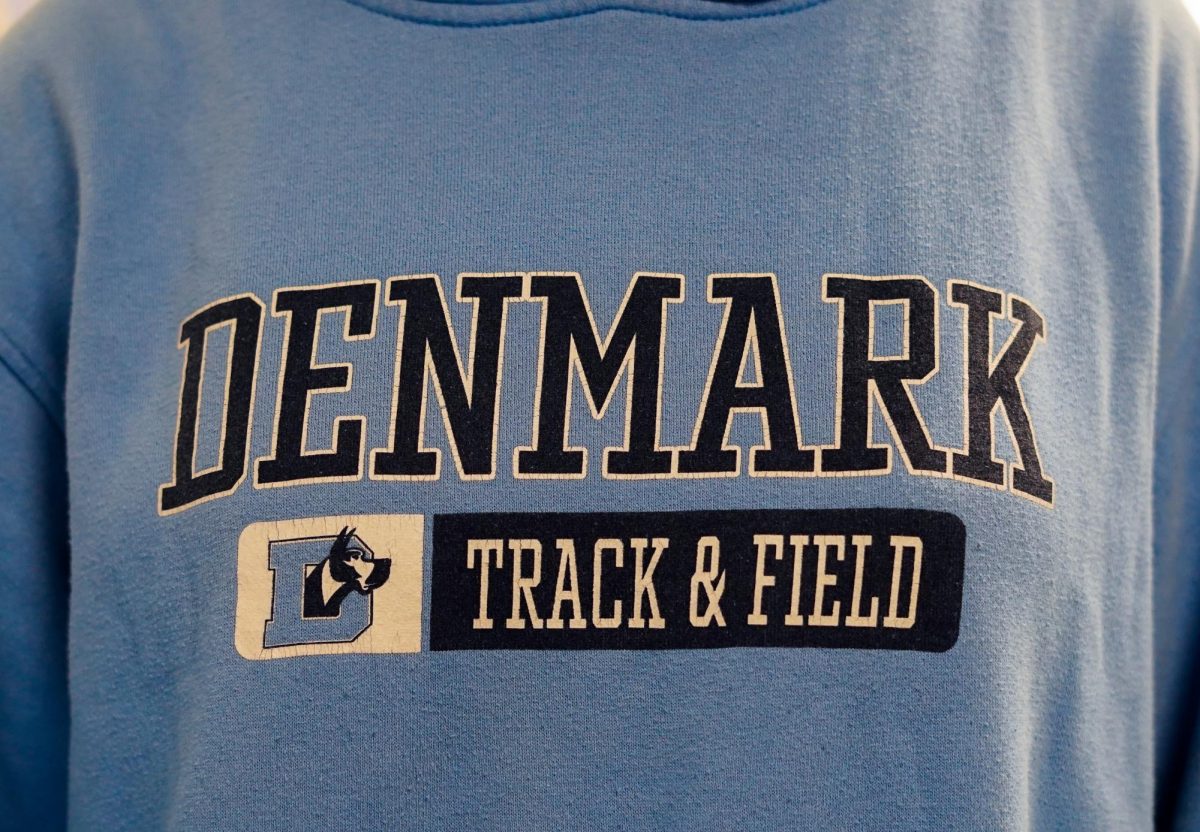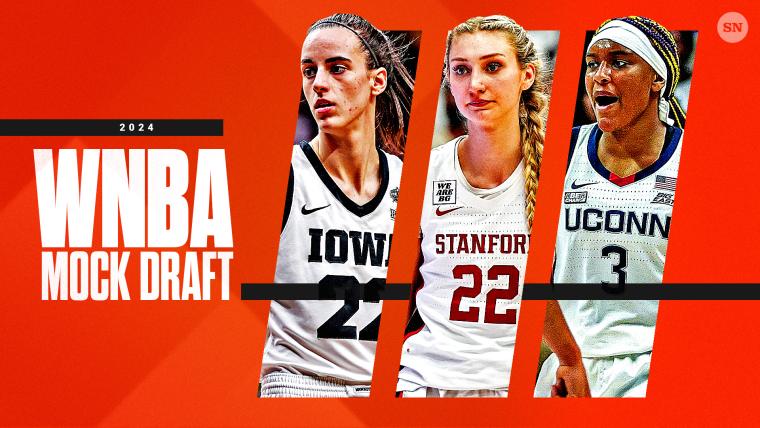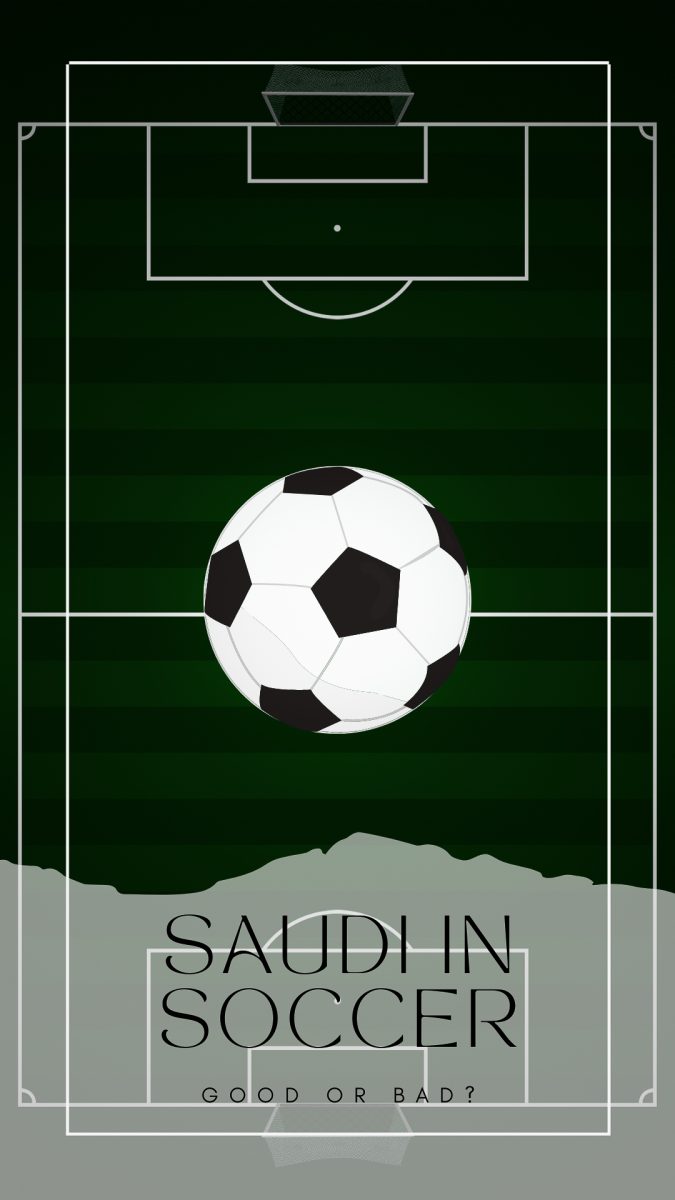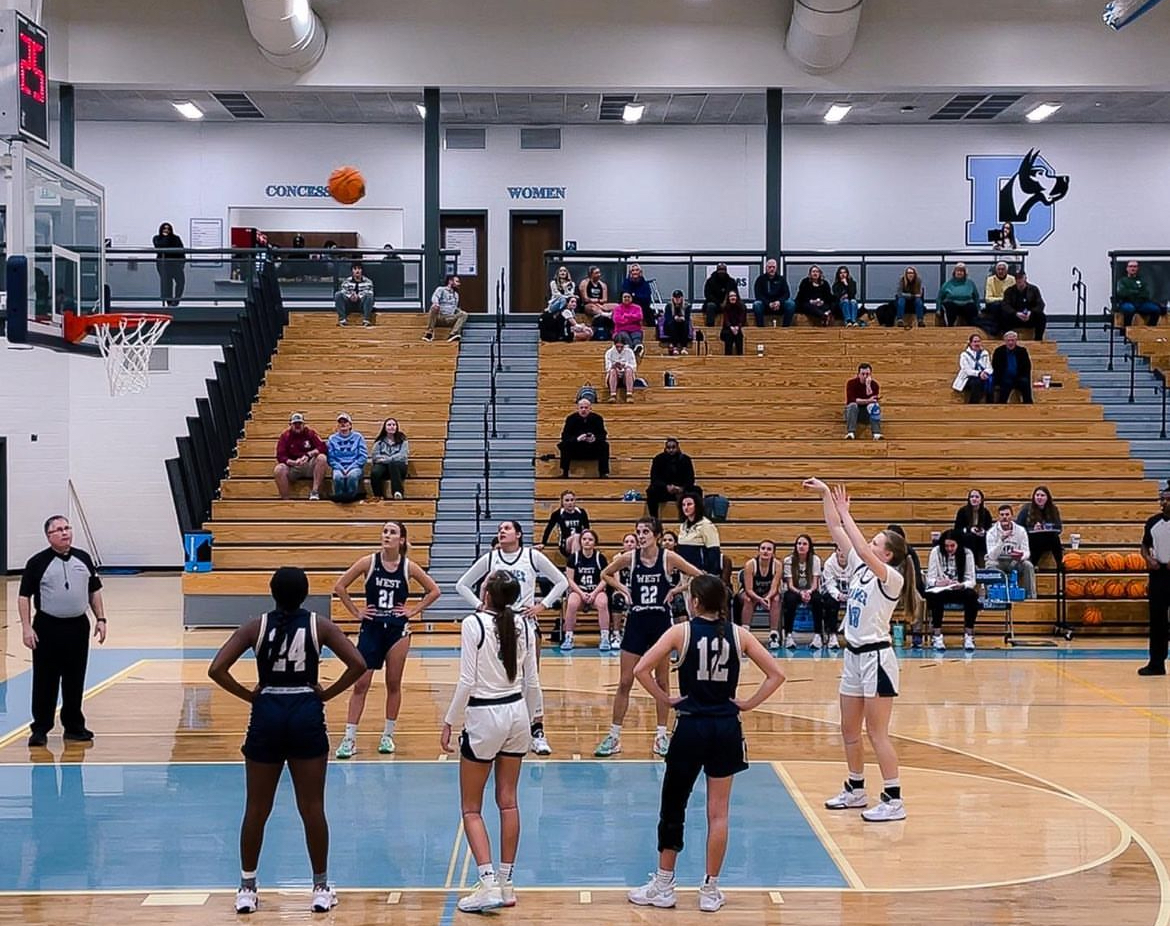Saudi Arabia has been named the “sportswasher” of the Middle East in its attempt to raise its GDP by investing in any available sport. The progress of the effort, called the Vision 2030 program, has “helped increase his [Mohammed bin Salaman’s] country’s GDP by 1% and is “‘hoping for more growth’ from the continued efforts.” The Prince and Prime Minister of Saudi Arabia has been the primary backer in this campaign with an estimated 6 billion USD spent in the past three years to add more sports to Saudi Arabia’s catalog. Bin Salaman’s reasoning behind his out-of-the-ordinary efforts is to “help inspire a youthful population to take up physical activity and exercise.” This was implemented to “open the country up to the international community, boost tourism, create jobs and provide sports federations with growth potential”(Roan 13).
Although the motivation behind these efforts sounds promising to Saudi Arabia’s future success, there are possible ulterior motives behind the prince’s progress. Many legendary athletes have turned down offers from Saudi Arabia without much of an explicit reason. Newsweek has observed that “international football legends Cristiano Ronaldo and Lionel Messi turned down multi-million offers to promote Saudi tourism. Spain’s La Liga nixed a proposal to hold Spanish first division matches in the kingdom. Tennis greats Novak Djokovic and Rafael Nadal have canceled appearances [in Saudi Arabia].” Could it be that these athletes simply did not want to participate in Saudi sports, or is there another reason? Maybe the country’s questionable background or environment was what repelled these players from millions of dollars?
Saudi Arabia’s alleged clean reputation was challenged at the United Nations meeting recently. On January 15th, “Saudi Arabia had its record on human rights including freedoms for women, prosecutions for freedom of speech, use of the death penalty and alleged killing of migrants at its border with Yemen critiqued” (Dunbar 1). Austria, America, and Australia all had concerns about murder and abuse along the Arabian borders. Newsweek has also been vocal about its findings on Saudi and their issue of being “the victims of mass arrest, enforced disappearance, detention without charge, torture, travel bans, government hacking of social media accounts and suffocating surveillance.”
“Could it be that these athletes simply did not want to participate in Saudi sports, or is there another reason?”
AP connected the attempts of adding famous athletes to Saudi Arabian rosters as a way to “deflect attention from its record on human rights.” These claims against Saudi Arabia have been relentless, questioning the sincerity of the Vision 2030 program. Bin Salaman has been arguing since the creation of the program that his only goal is to increase the country’s wealth and standing by becoming globally prosperous with a high quality of life. The minister has even confronted the issue of the allegations by saying, “I don’t care. I have 1% growth in GDP from sport, and I am aiming for another 1.5%. Call it whatever you want” (Kainz 2). The indifference and confidence to oppose the allegations during the UN meeting brought support from China, Morocco, Bahrain, and Qatar. China’s delegate Li Yujie commended the Saudis’ “efforts and achievements for promotion and protection of human rights,” and Yemen praised the kingdom’s “fight against corruption which undermines the protection of human rights.” Under further inspection, all supporters of Saudi Arabia ironically have reputations of not allowing adequate representation of rights to their citizens. Bahrain rarely allows independent press organizations inside its borders, China bears a history of neglecting human rights, and Morocco as well as Qatar also struggle with government honesty or plagarism.
The trust that dwindles among UN members with these four nations has not put Saudi Arabia in a good light to promote only sports for the Vision program without a further investigation. The athletes did not reject such large amounts of money for any insignificant reason, and the UN didn’t critique Saudi Arabia’s reputation and actions out of malice. Bin Salaman’s Vision may not just be about sports and growing economy, but about being a blanket for some undesirable actions in play inside the country.
Work Cites
Al-Ahmed, Ali. “Sports Should Stay Away from Saudi Arabia.” Newsweek, Newsweek, 25 May 2021, www.newsweek.com/sports-should-stay-away-saudi-arabia-opinion-1594292.
Dunbar, Graham. “Saudi Arabia Hears Dozens of Countries Critique Its Human Rights Record at the UN in Geneva.” AP News, AP News, 22 Jan. 2024, apnews.com/article/saudi-arabia-un-human-rights-council-2098e8faa0dd947157bd2ef1398a9737.
Kainz, Natalie. “Saudi Crown Prince Unbothered by ‘sportswashing’ Label: ‘Call It Whatever You Want.’” NBCNews.Com, NBCUniversal News Group, 22 Sept. 2023, www.nbcnews.com/news/world/saudi-crown-prince-unbothered-sportswashing-label-call-whatever-want-rcna111418#.
“Revealed: Saudi Arabia’s $6bn Spend on ‘Sportswashing.’” The Guardian, Guardian News and Media, 26 July 2023, www.theguardian.com/world/2023/jul/26/revealed-saudi-arabia-6bn-spend-on-sportswashing.
Roan, Dan. “Why Is Saudi Arabia Spending so Much on Sport?” BBC Sport, BBC, 14 Dec. 2023, www.bbc.com/sport/67713269#:~:text=Saudi%20Arabia%20sports%20minister%20Prince,up%20to%20the%20international%20community%2C.


